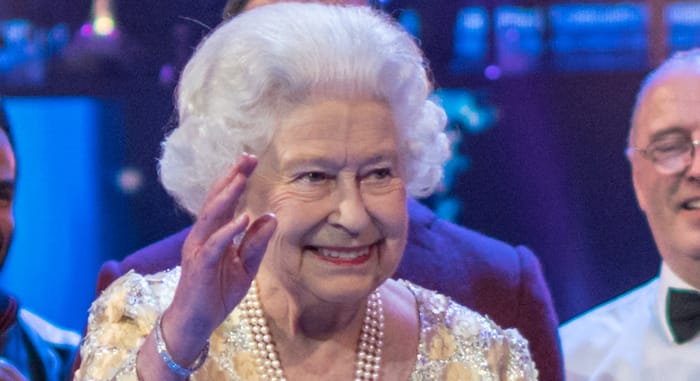Over 1,000 laws needed Her Majesty’s consent as result of archaic constitutional rule

During the course of her reign, HRH Queen Elizabeth II has been given the power of consent over 1,000 laws, it emerged this week.
An archaic constitutional rule has meant that parliament has referred draft bills covering all sorts of areas such as charity law, tenancy law or pensions law, to the Queen who then gave her consent to them.
Not to be confused with the ‘Royal Assent’ that all bills get before they become law, a purely rubber stamping exercise (but perhaps also in need of reform?), the Queen’s consent is a power that has been in place since the 1700s and relates to specific bills that might impact on her private interests.
The Guardian published a database of the laws that have been subject to the bizarre consent procedure. They cover a very wide range of subject areas (including data protection– lucky her…).
There are also reports that the Queen was allegedly able to lobby behind the scenes for changes in a few of the bills that parliament had sent to her: the most startling example is evidence that appears to suggest that the Queen used the procedure to make changes to a 1970s law in order to prevent some of her private wealth becoming public knowledge.
The extent to which the monarch could — and can — lobby for substantive changes remains unclear.
Speaking to Legal Cheek, Paul Evans, a member of University College, London’s Constitution Unit, and author of a report on constitutional vetoes on the executive, says:
“The Queen’s Consent is not a veto: it would not be possible for her to actually prevent legislation coming in but the Guardian investigation does appear to show that, on certain occasions, there may have been some influence. It is extremely hard to say how deep that influence goes. Would it be any more or less than the major party donors that lobby ministers?”
Thus far, Buckingham Palace has sought to downplay the role of the Queen’s consent, stating that the role of the sovereign is “purely formal”, and that “consent is always granted by the monarch where requested by the government”. Ditto the Cabinet Office referring to the “longstanding convention”.
Others are calling for a change to this procedure. Senior constitutional law lecturer at the University of Liverpool, Adam Tucker, writing in the Guardian, argued that: “there is no place for this process in the working of a 21st century democracy.”
The Queen’s Consent was reviewed in 2013 by the House of Commons Political and Constitutional Reform Committee and, ironically, a bill was put forward to abolish the power but, in the end, such action was considered unnecessary because, says Evans: “Parliament’s most senior officials told the committee that it could just drop the consent at any time and it was parliament that chose to put this requirement for consent in place and so could simply change its mind”.
One outcome of the 2013 examination of the Queen’s Consent is that there were slight changes to the power, explains Evans. Prior to that date, “if a sovereign’s interests or prerogatives went to the heart of a bill, there could, potentially, be a block on the bill even being debated so that you wouldn’t know if the Queen had expressed any views on it. But since then, the power only becomes ‘live’ immediately before the third reading: withholding consent at that stage would be a very public action.”
David Allen Green, solicitor and well-known legal commentator, is arguing for the power to be abolished. He had this to say:
“There is no good reason why the head of any state should have the privilege of the protection and promotion of their private interests by their private lawyer as a formal part of the law-making process.”
As Evans puts it: “If the process of seeking Queen’s consent relating to her private interests (as opposed to her royal prerogatives which is an entirely separate issue and, I would argue, needs more urgent attention) gives the impression of undue influence — and that is not good for the Royal Family’s public image — why not get rid of it altogether? Parliament should finish what it started back in 2013.”
It appears the battle for control of parliament continues: last year it was whether or not the government could prorogue parliament, this time it’s the Queen’s powers over parliament. Whatever next?
